HotSpots H2O: Nearly 1,000 U.S. Superfund Sites Exposed to Climate Risk
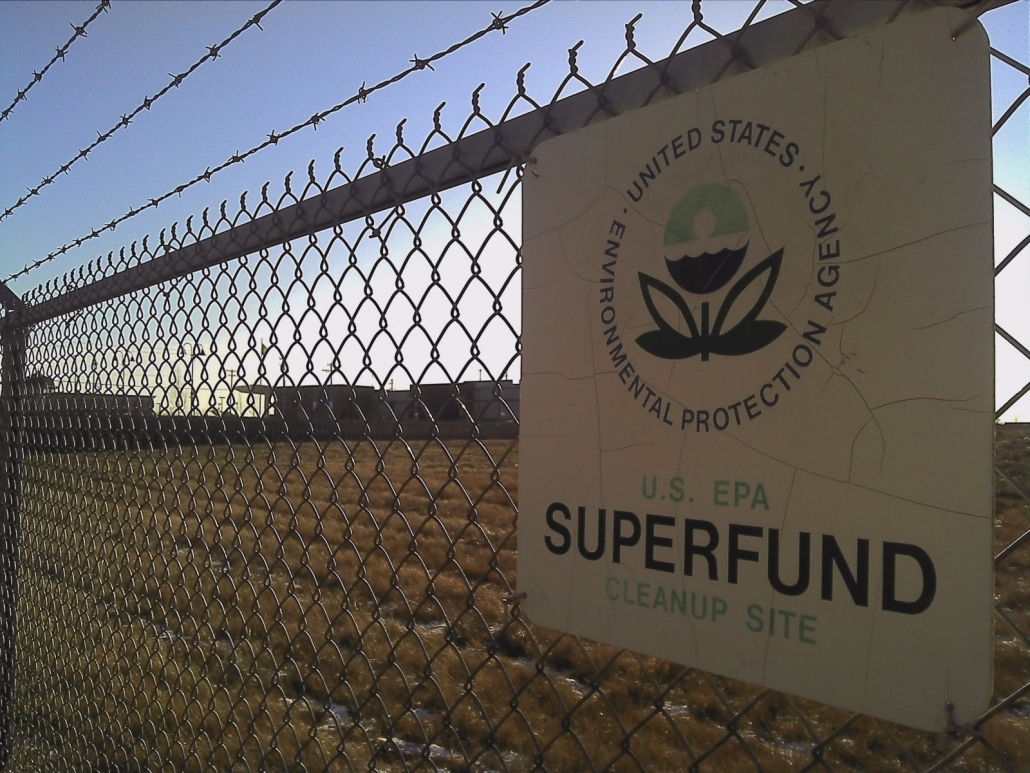
An EPA Superfund site. Photo courtesy of Wikimedia Commons.
A report by the U.S. Government Accountability Office, a federal watchdog agency, found that more than half of Superfund sites in the United States are at risk from climate change.
The review looked at the National Priorities List, a register of the nation’s most hazardous properties for environmental and human health. These sites are identified and overseen as part of the federal Superfund program.
The GAO report claims that 945 of 1,571 non-federal Superfund sites, or 60 percent, are in areas vulnerable to flooding, storm surges, sea level rise, or wildfires. As climate change fuels more extreme weather patterns, these sites will be at greater risk, the watchdog warns.
Flooding is the most widespread risk, potentially affecting 783 Superfund sites. Some 234 sites are vulnerable to wildfires, and 187 could be damaged by storm surge from a Category 4 or 5 hurricane.
In response to the report, EPA Administrator Andrew Wheeler said that while climate change is a concern, it should not be regarded as an emergency.
“Most of the threats from climate change are 50 to 75 years out,” Wheeler said in a statement following the GAO report’s release.
EPA Assistant Administrator Peter Wright also decried the report, saying that the Superfund program was fully prepared for any severe weather events.
“The EPA strongly believes the Superfund program’s existing processes and resources adequately ensure that risks and any effects of severe weather events, that may increase in intensity, duration, or frequency, are woven into risk response decisions at nonfederal NPL sites,” Wright said in a statement.
Other U.S. lawmakers disagree, saying that leaving a majority of Superfund sites prone to natural disasters could pose major health risks.
“By refusing to address the worsening impacts of climate change – from flooding to wildfires to more frequent extreme weather events – at our nation’s Superfund sites, this EPA is putting public health at risk,” noted Senator Tom Carper of Delaware, the ranking Democrat on the Senate Environment and Public Works Committee, which oversees the EPA.
The GAO report was commissioned in the wake of Hurricane Harvey, which submerged or damaged thirteen Superfund sites in Texas in 2017.
Kayla Ritter is a recent graduate of Michigan State University, where she studied International Relations and Teaching English to Speakers of Other Languages. She is currently based in Manton, Michigan. Kayla enjoys running, writing, and traveling. Contact Kayla Ritter

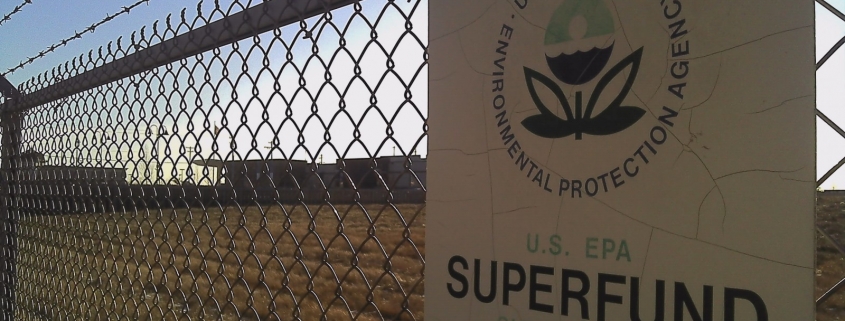

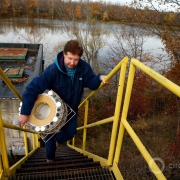

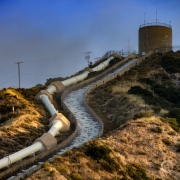


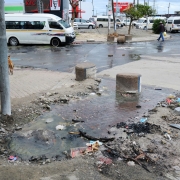




Leave a Reply
Want to join the discussion?Feel free to contribute!